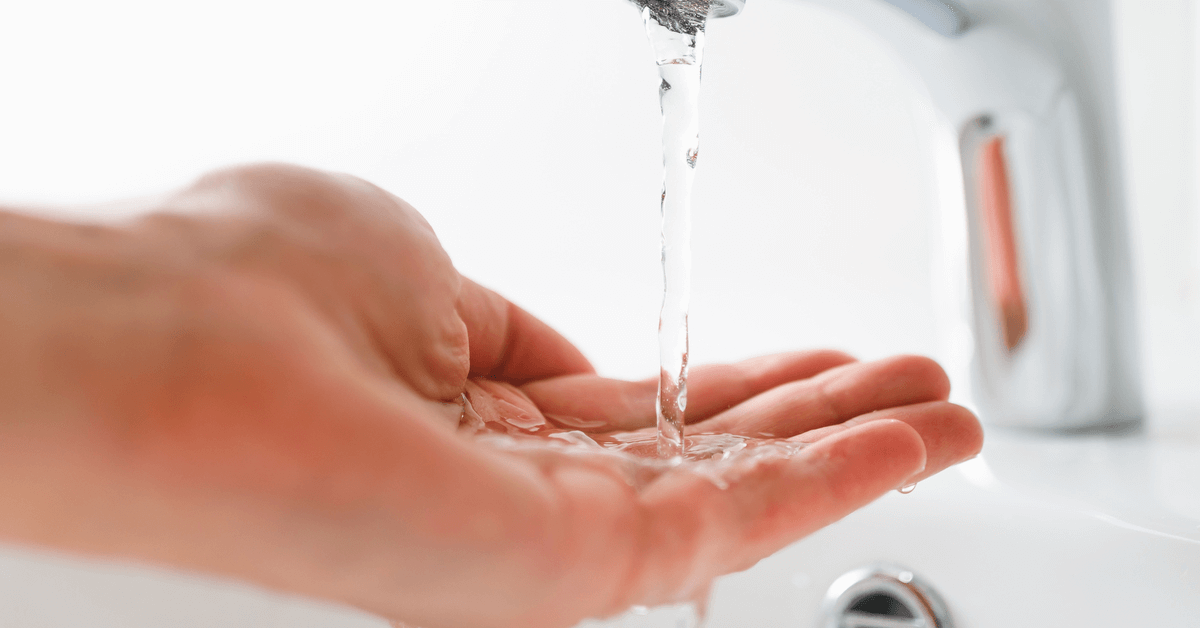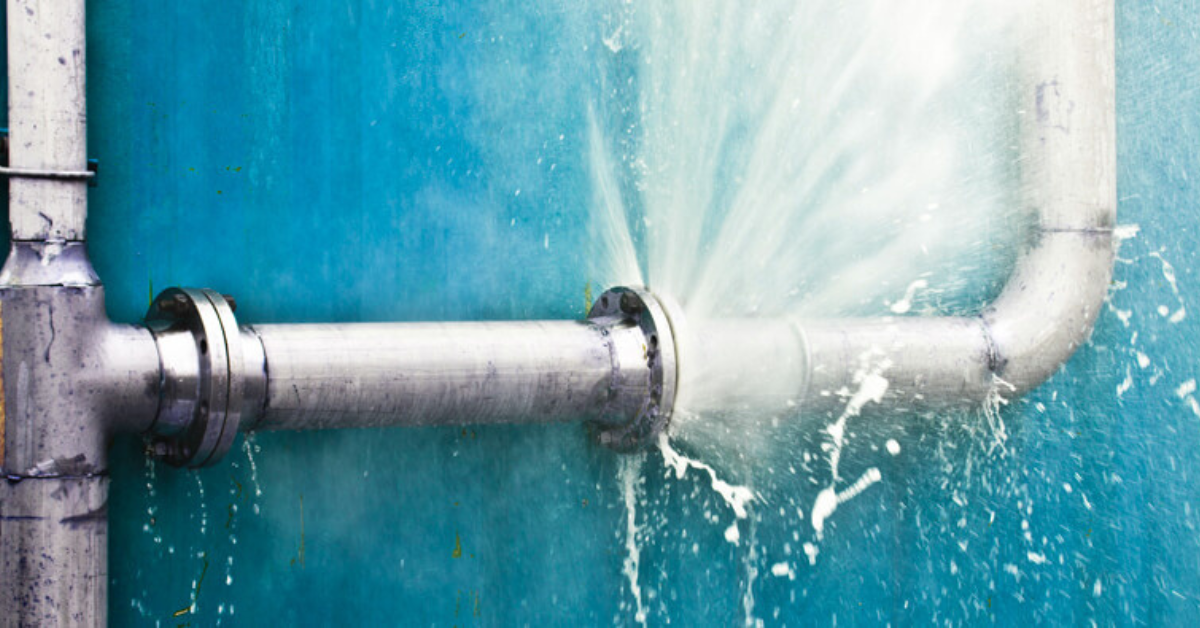Our Detailed Manual to Resolving Low Water Pressure in Your Home
Our Detailed Manual to Resolving Low Water Pressure in Your Home
Blog Article
This post down below on the subject of Low Water Pressure in the House? is indeed captivating. Check it out for your own benefit and decide what you think of it.

Low water stress in your house can be an irritating trouble, influencing whatever from showering to cleaning meals. If you're experiencing weak water circulation, there are a number of feasible causes and remedies to explore. In this overview, we'll discuss common factors for low water stress and useful actions to resolve the issue effectively.
Introduction to Low Water Pressure
Low water stress happens when the flow of water from your faucets, showers, and various other fixtures is weak than normal. This can make daily jobs extra tough and less effective. Understanding the causes of low water pressure is essential to finding the best remedy.
Typical Causes of Low Tide Stress
Pipe Obstructions
In time, pipelines can end up being obstructed with mineral deposits, sediment, or particles, limiting the flow of water. This is an usual concern in older homes with galvanized steel pipes.
Deterioration
Deterioration within pipes can bring about leaks and minimized water stress. Rust buildup can tighten water circulation, especially in aging plumbing systems.
Faulty Pressure Regulators
Pressure regulatory authorities are in charge of maintaining consistent water stress in your home. If they malfunction, it can lead to low water stress or uneven flow throughout your home.
Municipal Water Issues
In some cases, the trouble lies outside your home. Local supply of water concerns, such as main line leaks or upkeep job, can temporarily lower water stress in your area.
Just How to Diagnose Low Water Stress
Checking Taps and Components
Start by testing the water pressure at various faucets and fixtures throughout your home. If the problem is isolated to particular locations, it might show local troubles.
Evaluating Pipelines
Examine visible pipes for indications of leaks, corrosion, or obstructions. Take note of any type of uncommon audios, such as knocking or rattling pipelines, which can show issues within the plumbing system.
Consulting with a Plumber
If you're unable to identify the root cause of low water stress, take into consideration employing a professional plumber to perform a complete evaluation. They can determine underlying issues and suggest proper remedies.
Do It Yourself Solutions to Take Care Of Low Water Pressure
Cleaning Up Aerators and Showerheads
Natural resources can build up in aerators and showerheads, minimizing water circulation. Remove and cleanse these elements on a regular basis to improve water pressure.
Flushing Hot Water Heater
Sediment build-up in the hot water heater can restrict circulation and reduce efficiency. Flushing the container occasionally assists get rid of sediment and keep optimum efficiency.
Examining Pressure Regulatory Authority
Make sure that the stress regulatory authority is operating correctly. Readjusting or changing the regulator can assist restore proper water stress throughout your home.
Clearing Up Clogs in Pipes
For small clogs, try using a plumbing snake or chemical drainpipe cleaner to clear blockages in pipelines. Be cautious when utilizing chemicals and adhere to security guidelines.
When to Call a Specialist Plumber
If DIY efforts fail to solve the issue or if you presume substantial plumbing troubles, it's ideal to look for assistance from an accredited plumber. They have the know-how and tools to address complex concerns safely and effectively.
Safety Nets to Maintain Water Stress
Regular Upkeep
Schedule regular maintenance for your plumbing system to prevent problems such as rust, leakages, and clogs. Dealing with minor problems early can aid prevent more considerable fixings in the future.
Mounting a Stress Booster
Think about mounting a pressure booster pump to boost water pressure in locations with constantly reduced flow. This can be especially advantageous for multi-story homes or buildings with high-demand components.
Surveillance Water Use
Bear in mind water use routines and avoid overtaxing the plumbing system. Straightforward adjustments, such as shocking showers and washing loads, can aid keep appropriate water pressure.
Verdict
Managing low water stress can be aggravating, yet recognizing the underlying reasons and carrying out ideal solutions can bring back ideal circulation throughout your home. Whether it's cleaning aerators, evaluating pipes, or speaking with a plumber, taking aggressive steps can make sure a consistent supply of water for your day-to-day demands.
FOUR WAYS TO FIX LOW WATER PRESSURE NOW
Turning on a shower or faucet only to find the water comes out in a sad, slow drizzle is never a good feeling. How exactly are you supposed to wash a pan or take a quick shower when it takes 10 minutes just to rinse off a little soap? The good news is that when your water pressure is bad, there's always a cause: typically one that can be easily fixed. Here are some of the most common causes of low pressure and what you can do to fix the issue:
DEBRIS AND MINERAL DEPOSIT BUILDUPS
If you notice low water pressure from just one or two of the fixtures in your house, the problem likely has to do with debris buildup. Water is full of minerals and other debris, all of which can accumulate in your pipes and on your fixtures. This can cause a blockage that affects how much water flows through. To fix this, try filling a small plastic bag with white vinegar, and use a rubber band to hang it around your showerhead or faucet. Let the head of the fixture soak for a few hours, and the vinegar should loosen the deposits.
WATER LEAKS
Leaks are another common cause of low water pressure. If water is flowing out of your plumbing through a hole or crack before it can reach your fixture, the pressure coming out of the faucet or showerhead will be lower. A plumbing professional is your best bet for finding and repairing a leak in your water supply pipes.
Leaks are another common cause of low water pressure. If water is flowing out of your plumbing through a hole or crack before it can reach your fixture, the pressure coming out of the faucet or showerhead will be lower. A plumbing professional is your best bet for finding and repairing a leak in your water supply pipes.
FOUR WAYS TO FIX LOW WATER PRESSURE NOW
Turning on a shower or faucet only to find the water comes out in a sad, slow drizzle is never a good feeling. How exactly are you supposed to wash a pan or take a quick shower when it takes 10 minutes just to rinse off a little soap? The good news is that when your water pressure is bad, there's always a cause: typically one that can be easily fixed. Here are some of the most common causes of low pressure and what you can do to fix the issue:
DEBRIS AND MINERAL DEPOSIT BUILDUPS
If you notice low water pressure from just one or two of the fixtures in your house, the problem likely has to do with debris buildup. Water is full of minerals and other debris, all of which can accumulate in your pipes and on your fixtures. This can cause a blockage that affects how much water flows through. To fix this, try filling a small plastic bag with white vinegar, and use a rubber band to hang it around your showerhead or faucet. Let the head of the fixture soak for a few hours, and the vinegar should loosen the deposits.
WATER LEAKS
Leaks are another common cause of low water pressure. If water is flowing out of your plumbing through a hole or crack before it can reach your fixture, the pressure coming out of the faucet or showerhead will be lower. A plumbing professional is your best bet for finding and repairing a leak in your water supply pipes.
Leaks are another common cause of low water pressure. If water is flowing out of your plumbing through a hole or crack before it can reach your fixture, the pressure coming out of the faucet or showerhead will be lower. A plumbing professional is your best bet for finding and repairing a leak in your water supply pipes.
A VALVE ISSUE
If you have low water pressure throughout your home, check your main shut-off valve to make sure it's completely open. You may also want to see if there's a pressure-reducing valve installed. If there is, have a plumber help you adjust the settings to get the pressure you're looking for.
OTHERS USING WATER
Believe it or not, your low water pressure could be caused by your neighbors. If you notice low pressure at certain times of day, it may be because you and the people living next to you have similar schedules - when everyone is showering at the same time, the pressure will be lower in every home. Low pressure throughout the neighborhood may also be caused by an issue with your municipal water supply. If that's the case, call the supplier to see if they're working on the issue.
https://www.rotorooter.com/blog/water-leaking/low-water-pressure-fixes/

As an avid reader on 10 Reasons for Low Water Pressure in Your House, I think sharing that blog post was really helpful. Loved our write-up? Please quickly share it. Help someone else check it out. Thanks so much for taking the time to read it.
Schedule Your Service Report this page